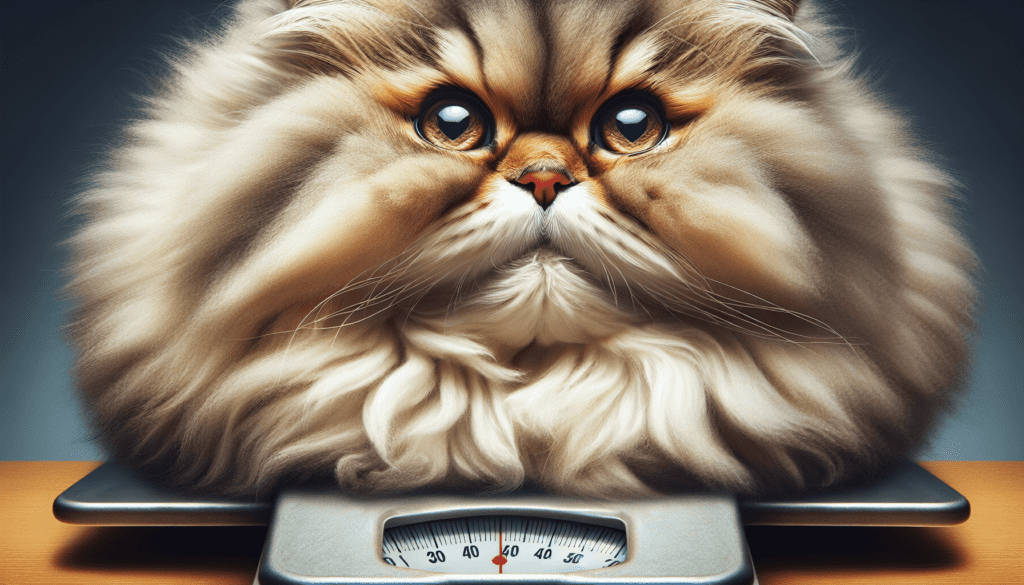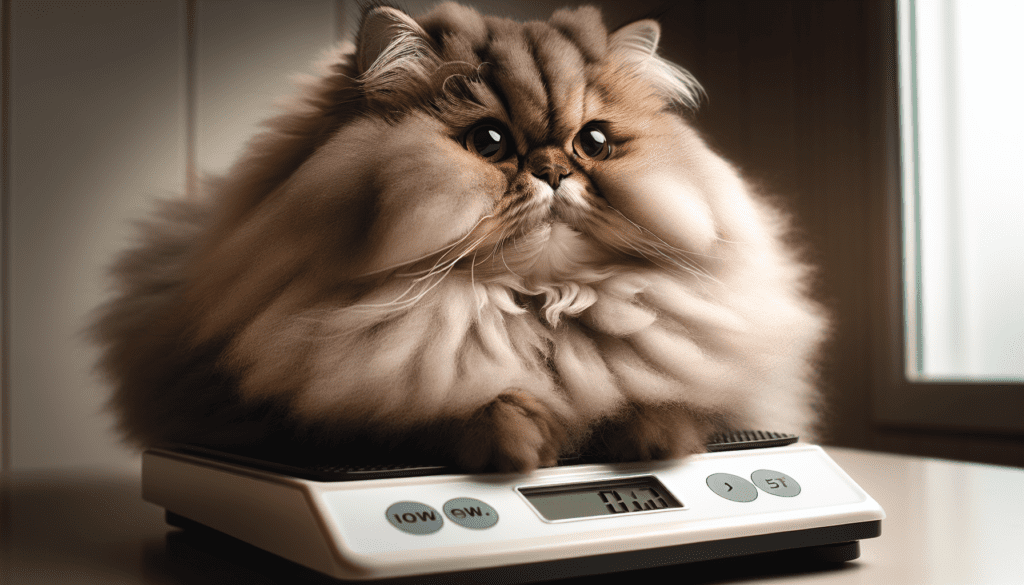Are you curious about how much Persian cats weigh? These adorable felines are known for their long, luxuriant coats and distinctive facial features. You might be surprised to learn that Persian cats come in various sizes, but on average, they weigh between 7 to 12 pounds. However, it is important to note that individual cats can vary in weight depending on factors like genetics, age, and overall health. So, if you’re considering bringing a Persian cat into your home, it’s a good idea to consult with a veterinarian to ensure you provide the optimal care for your new furry friend.
How Much Do Persian Cats Weigh
If you’re a proud owner of a Persian cat or considering getting one, understanding their weight and how it can change throughout their life is important to keep them healthy and happy. Persian cats are known for their luxurious coats and adorable round faces, but their weight is also an important aspect of their overall well-being. In this article, we will explore the average weight of Persian cats, the factors that can affect their weight, their growth and development patterns, as well as how to manage and monitor their weight effectively.
Average Weight of Persian Cats
On average, Persian cats typically weigh between 7 to 12 pounds (3.2 to 5.4 kilograms) when fully grown. However, it’s important to remember that each cat is unique and may fall outside this range. Some Persian cats may be smaller or larger depending on their genetics, diet, and overall health. It’s crucial to consult with your veterinarian to determine the ideal weight range for your specific cat and to monitor their weight regularly.
Factors Affecting Persian Cat Weight
Several factors can influence the weight of Persian cats, including genetics, diet, exercise, age, and overall health. Genetics play a significant role in determining a cat’s body structure and potential for weight gain. Some Persians may have a stockier build compared to others, making them naturally heavier.
Diet plays a vital role in maintaining a healthy weight for Persian cats. Feeding them a balanced diet that meets their nutritional needs is essential. Overfeeding or providing excessive treats can lead to weight gain, while underfeeding can cause weight loss. It’s important to consult with your veterinarian to determine the appropriate portion sizes and types of food for your Persian cat based on their age, activity level, and any specific dietary requirements.
Exercise is another critical factor in managing a Persian cat’s weight. Encouraging them to engage in physical activities, such as interactive play with toys or climbing on cat trees, can help them burn calories and maintain a healthy weight. Regular exercise also promotes muscle tone and overall well-being.
Age can also affect a Persian cat’s weight. Kittens experience rapid growth and development, so their weight will naturally increase significantly during their early months. As they transition into adulthood, their weight gain will slow down. Senior Persians may experience age-related weight changes, and it’s important to monitor their weight closely to ensure they maintain a healthy body condition.


Growth and Development
Persian kittens experience a fascinating growth journey during their first year of life. At birth, they are incredibly tiny, with an average weight of around 3 to 4 ounces (85 to 113 grams). These delicate bundles of joy rely on their mothers for nutrition and care.
Weight at Birth
When Persian kittens are born, their weight may vary slightly, but it generally ranges between 3 to 4 ounces (85 to 113 grams). This weight is considered normal and healthy for newborn Persians.


Weight During Kittenhood
From birth to around two months of age, Persian kittens experience rapid growth. During this period, their weight can increase dramatically, often doubling or even tripling in size. By the end of their second month, most Persian kittens weigh around 1 to 2 pounds (454 to 907 grams).
Weight as Adults
Once Persian kittens reach adulthood, their growth rate significantly slows down, and their weight stabilizes. On average, adult Persian cats weigh between 7 to 12 pounds (3.2 to 5.4 kilograms). However, as previously mentioned, individual cats may fall outside this range depending on various factors.
Male vs Female Weight
In general, male Persian cats tend to be slightly larger and heavier than their female counterparts. Male Persians can weigh between 9 to 14 pounds (4.1 to 6.4 kilograms), while female Persians typically weigh between 7 to 11 pounds (3.2 to 5 kilograms). However, it’s essential to remember that these are averages, and there can be significant variation among individual cats.
Comparison with Other Cat Breeds
When comparing Persian cats with other cat breeds, it’s important to consider their body type and individual characteristics. Some breeds, such as the Maine Coon, are naturally larger and more robust, leading to higher average weights. Other cat breeds, such as the Siamese, tend to have a more slender build and weigh less on average. It’s essential to understand and appreciate the unique characteristics of each breed without making direct comparisons solely based on weight.
Managing and Monitoring Weight
Maintaining a healthy weight is crucial for the overall well-being of your Persian cat. Regular veterinary check-ups are vital for monitoring their weight and ensuring they are within a healthy range. Your veterinarian can assess your Persian’s body condition score and provide guidance on diet, portion control, and exercise based on their specific needs.
Keeping track of your Persian cat’s weight at home can also be helpful. You can use a pet scale or weigh yourself first and then weigh yourself while holding your cat. The difference in weight will give you an approximation of your cat’s weight. Tracking their weight regularly can help you identify any significant changes and address them promptly.
Importance of Proper Nutrition
Providing your Persian cat with proper nutrition is key to maintaining a healthy weight. Choose high-quality cat food that is specifically formulated for Persian cats or for all breeds. These foods are formulated to meet their unique nutritional needs, including support for their coat, digestion, and overall health.
Avoid feeding your Persian cat table scraps or excessive treats as they can contribute to weight gain and nutritional imbalances. Stick to a regular feeding schedule and ensure they have access to fresh water at all times. If you have any concerns or questions about your Persian cat’s diet, it’s best to consult with your veterinarian for personalized advice.
In conclusion, understanding the average weight of Persian cats, the factors that can affect their weight, and how to manage and monitor their weight is essential for their overall health and well-being. By providing them with proper nutrition, regular exercise, and monitoring their weight at home and through veterinary check-ups, you can help ensure that your Persian cat lives a long, healthy, and comfortable life.

